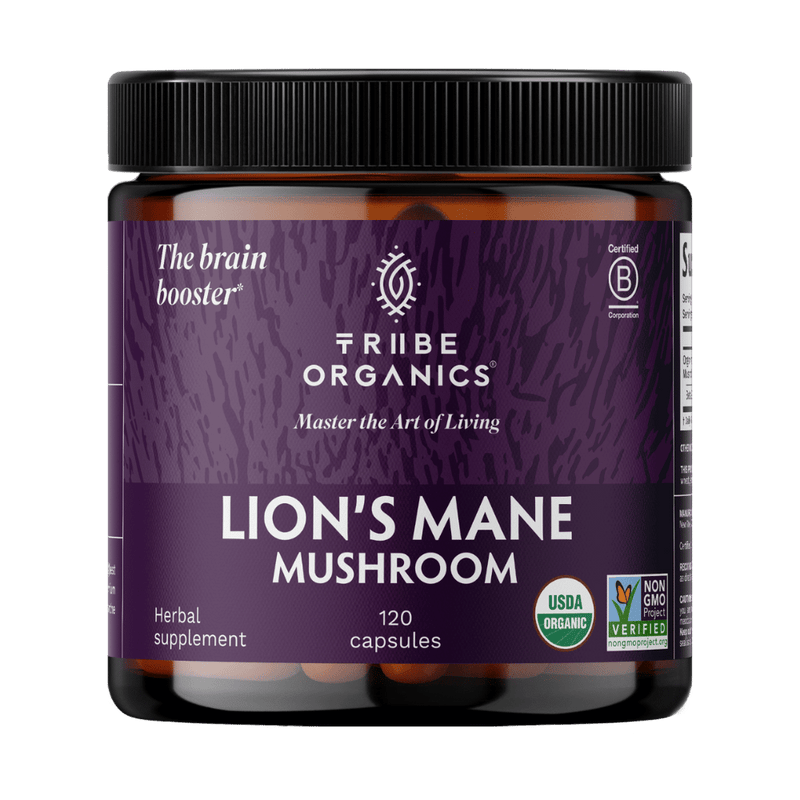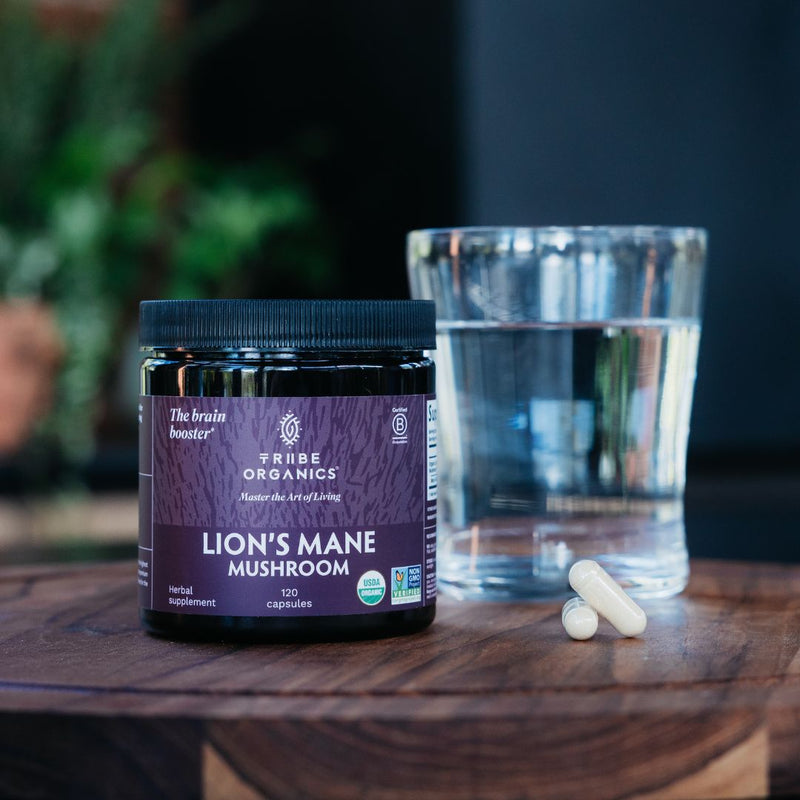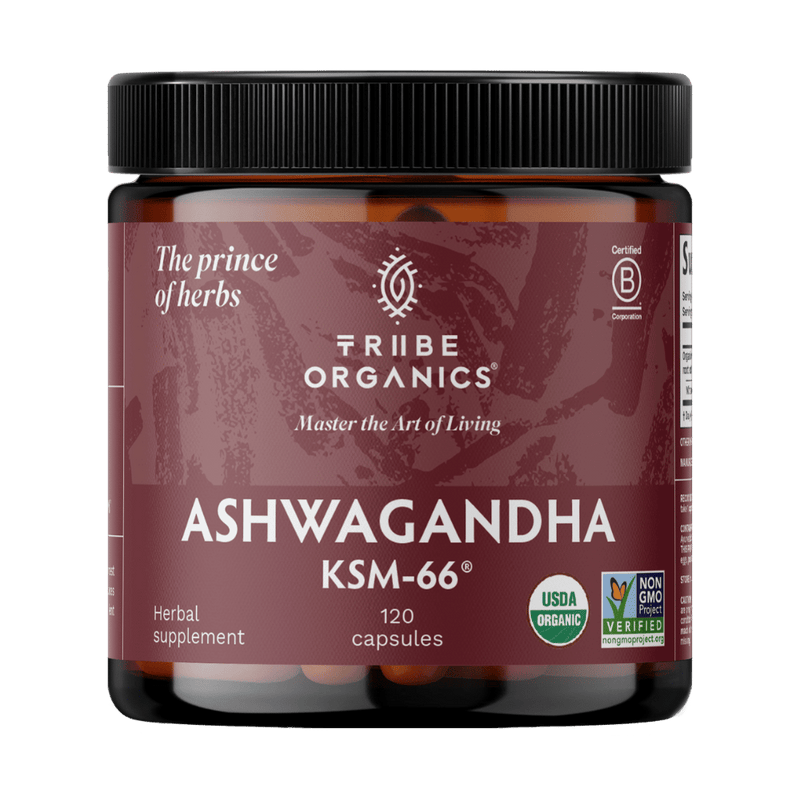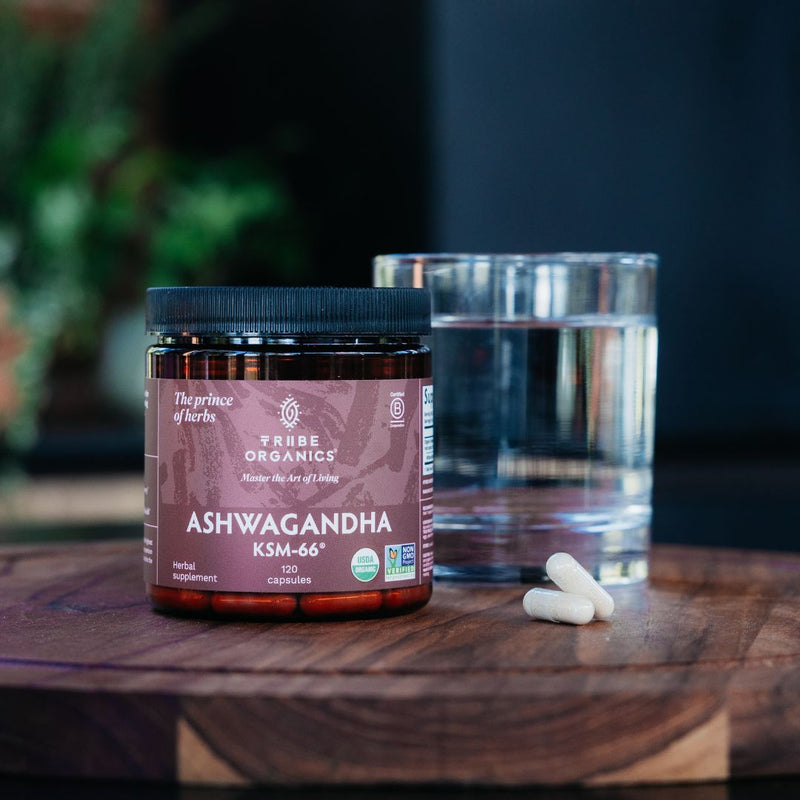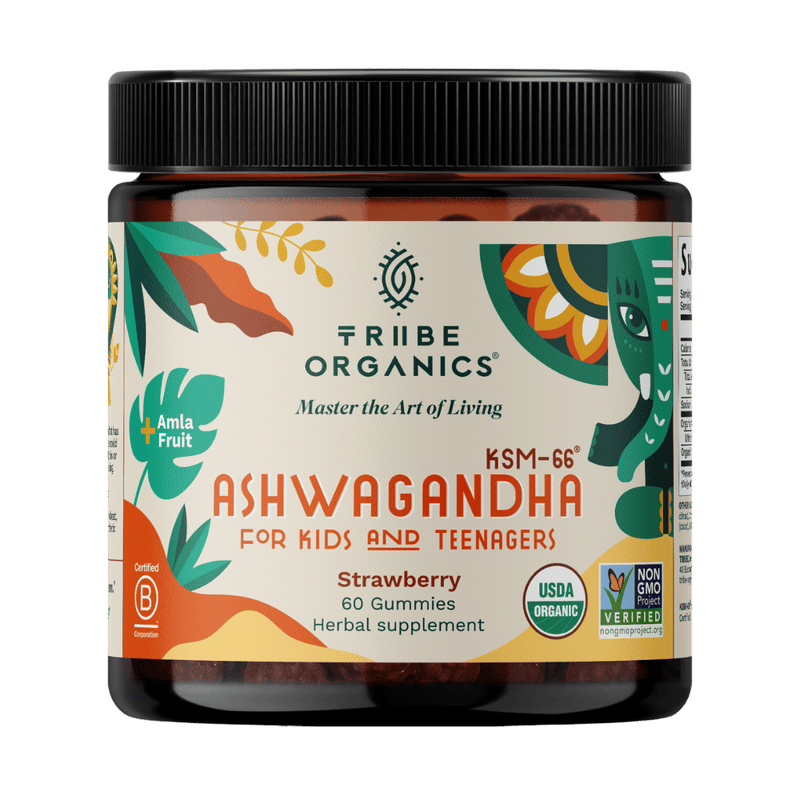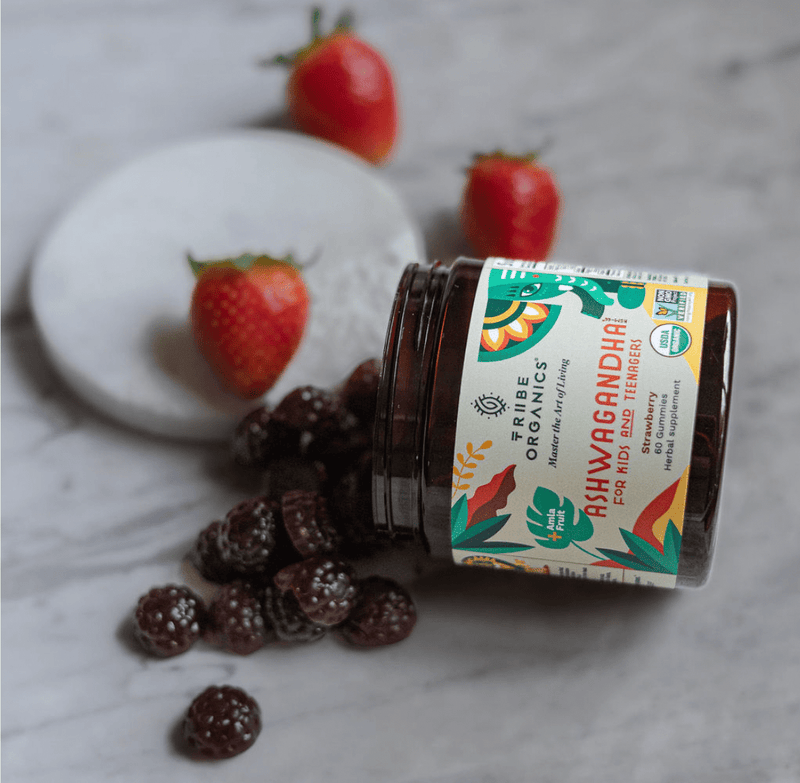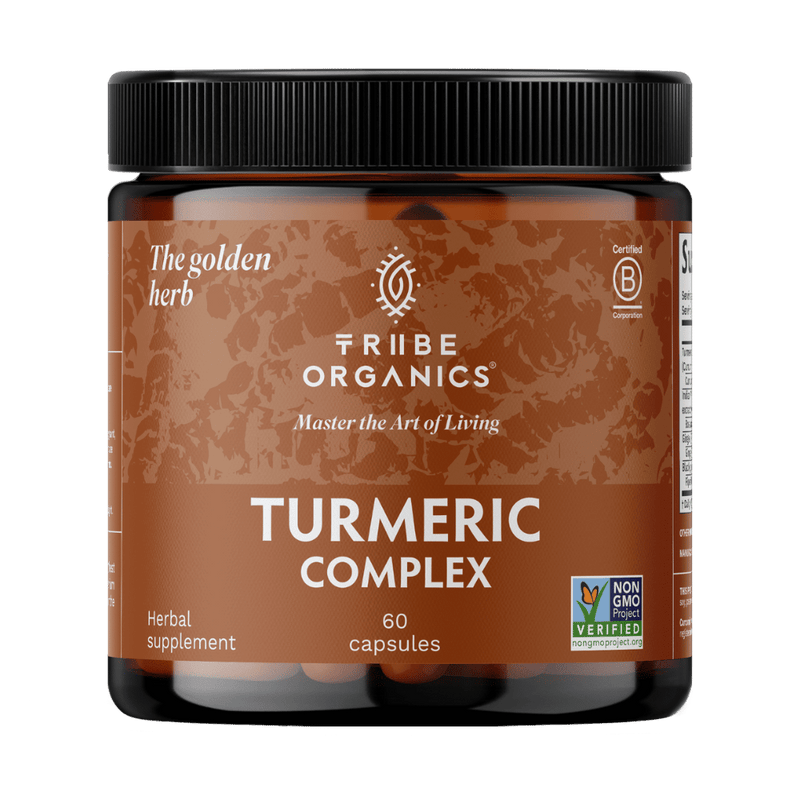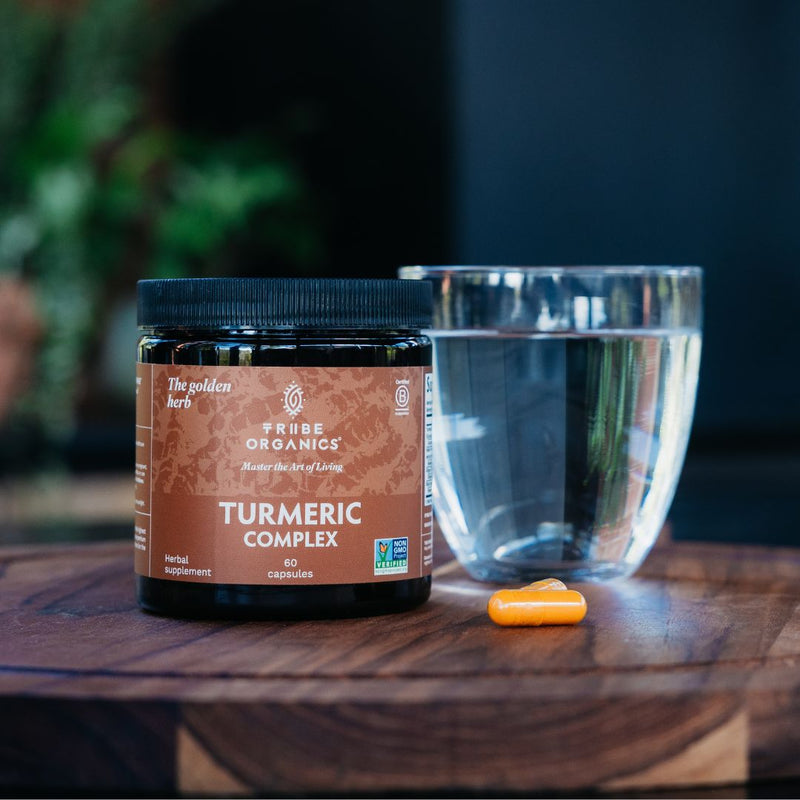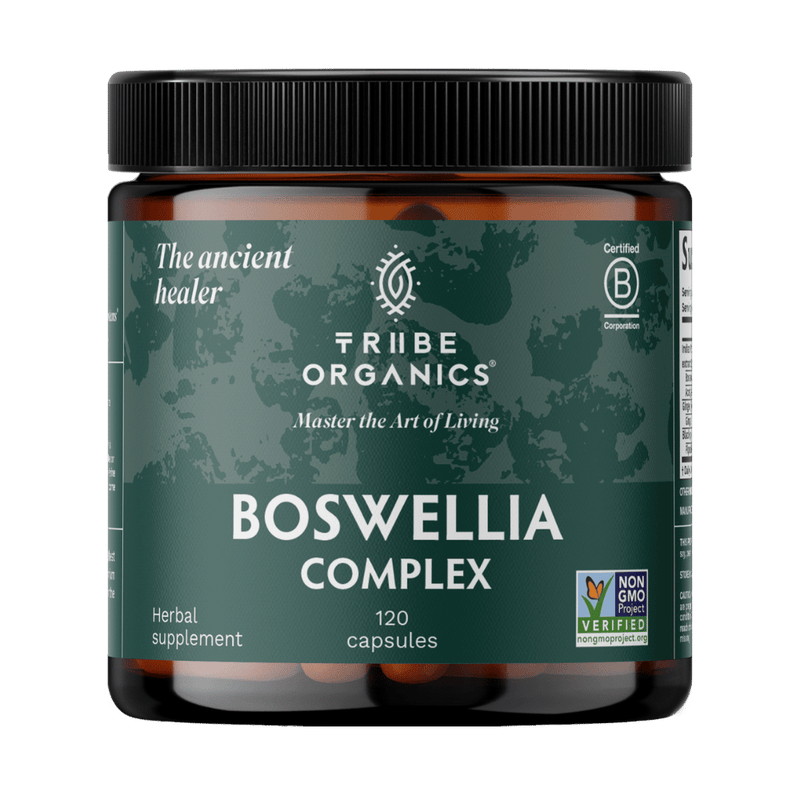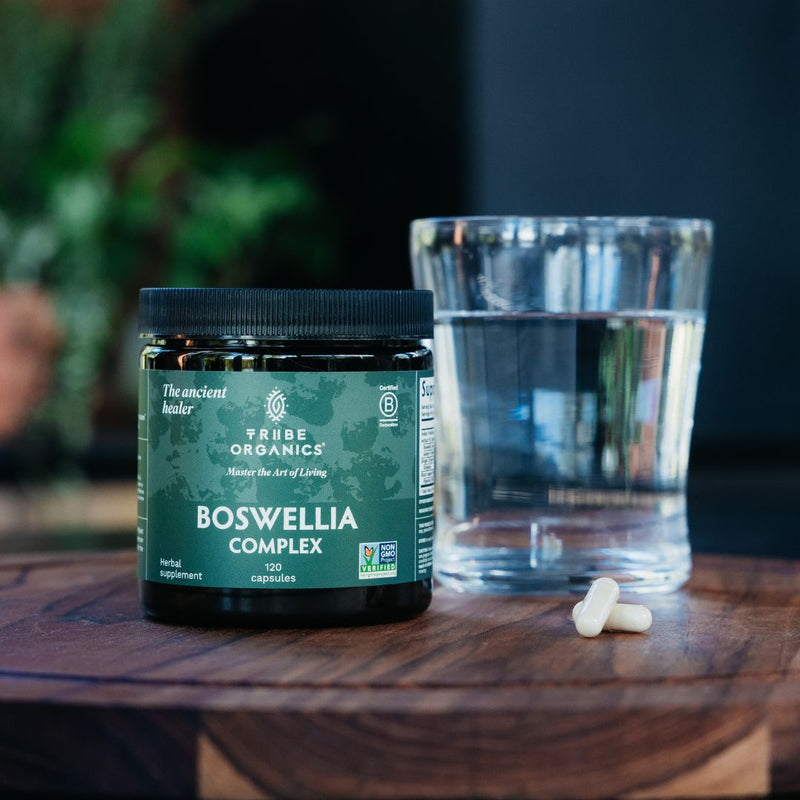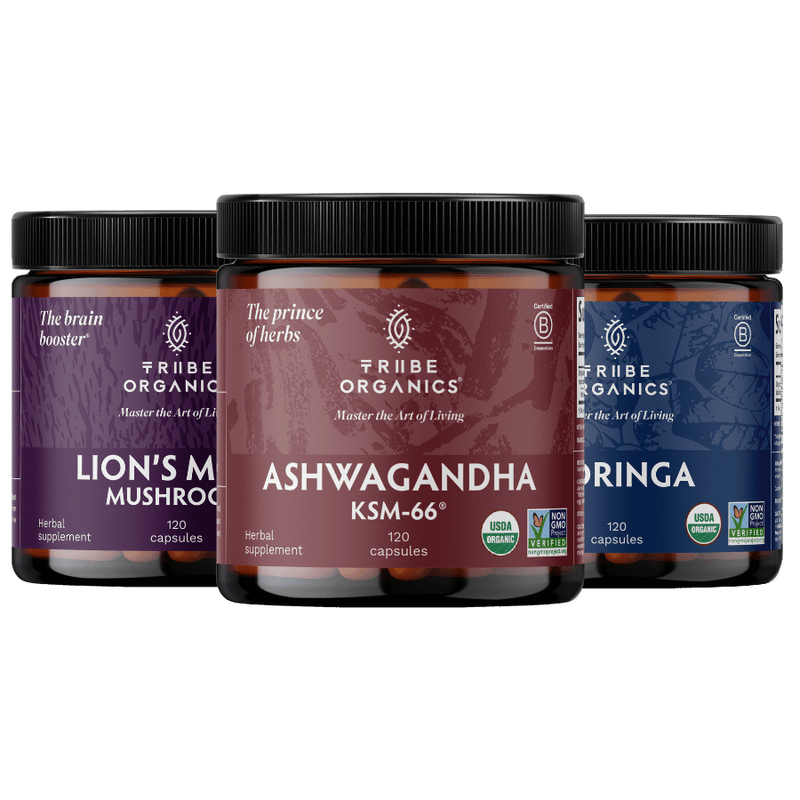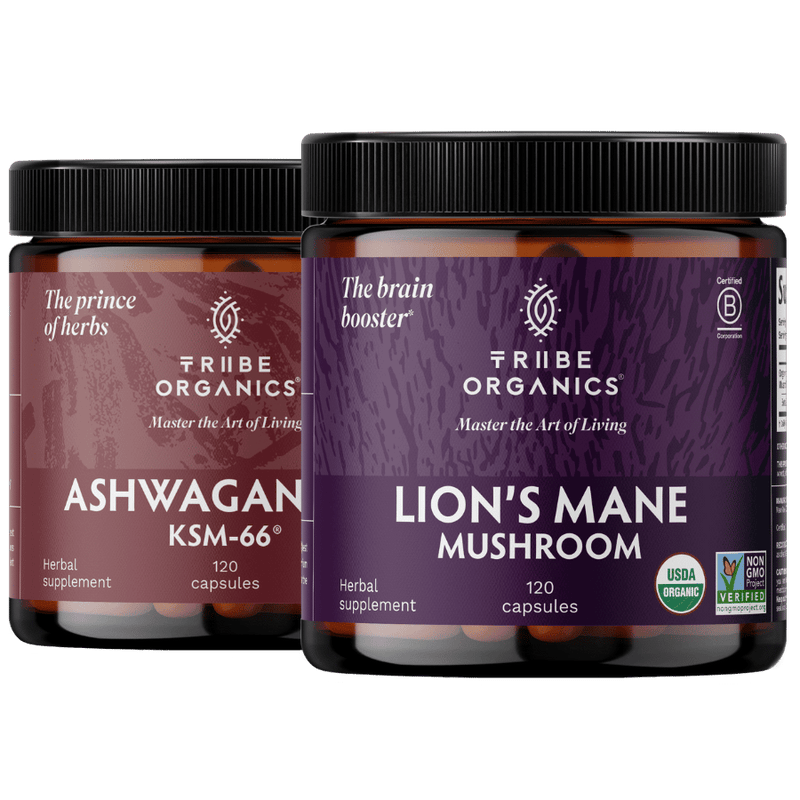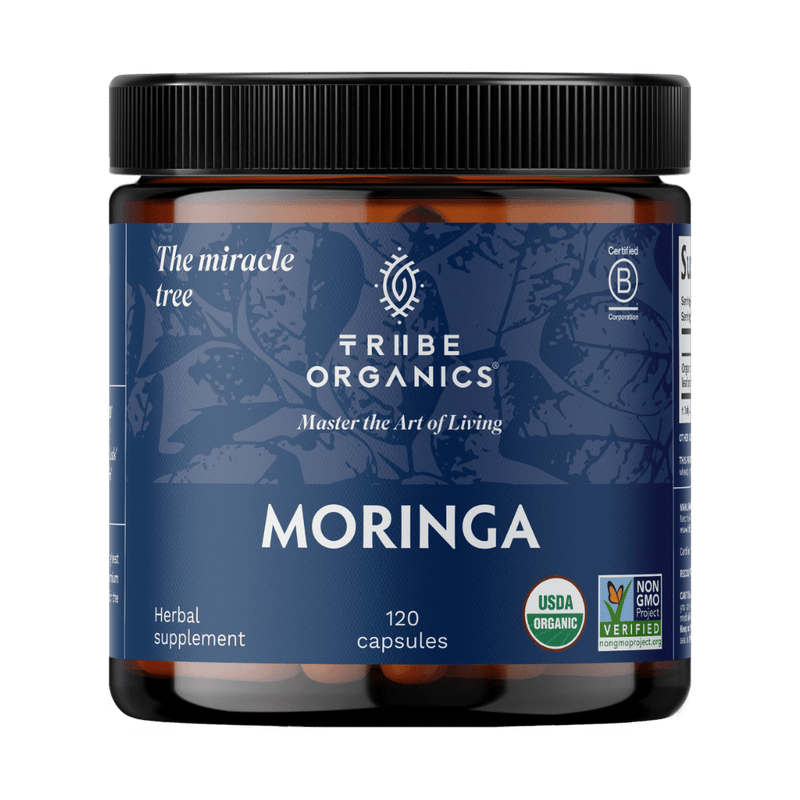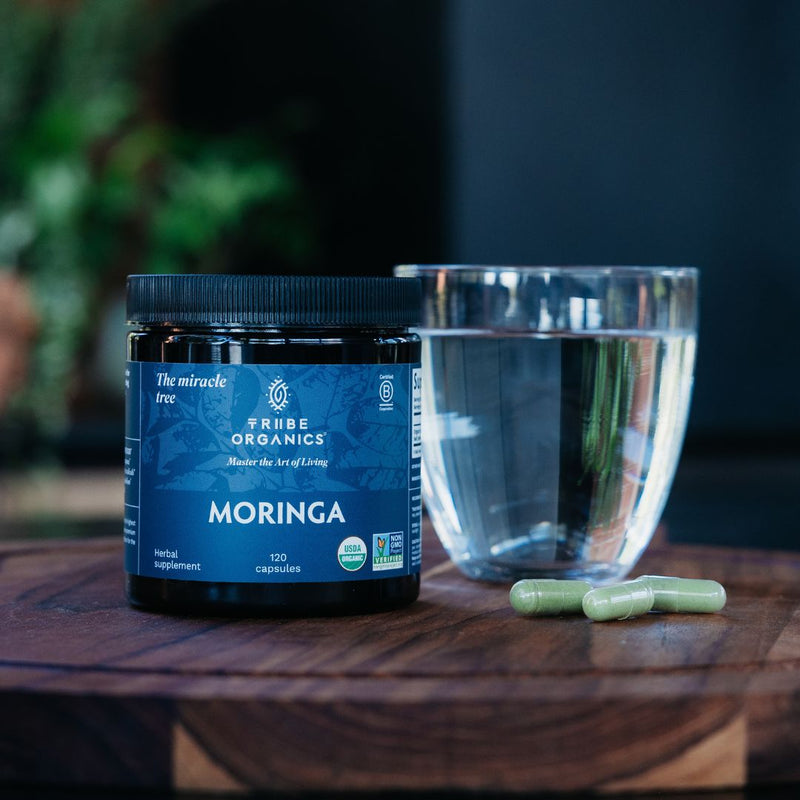Key Takeaways
- Lion’s mane pills contain Hericium erinaceus mushroom extract with compounds that support brain health and cognitive function
- Research shows potential benefits for memory, focus, anxiety reduction, and nerve regeneration, though more human studies are needed
- Typical dosages range from 250mg to 2 grams daily, with most supplements offering 450mg capsules equivalent to 2.5g of dry mushrooms
- Generally considered safe with minimal side effects, but people with mushroom allergies should avoid them
- Unlike psychedelic mushrooms, lion’s mane pills are legal and classified as dietary supplements, not controlled substances
Growing interest in natural cognitive enhancement has made lion’s mane pills one of the most researched medicinal mushroom supplements available today. This smart mushroom, scientifically known as Hericium erinaceus, has captured attention from both traditional medicine practitioners and modern researchers seeking cognition-supporting alternatives to pharmaceutical interventions.
Lion’s mane appears in clinical and research information as a promising dietary supplement for brain health, with lab and animal studies demonstrating its potential to support cognitive function and overall health. While research suggests significant benefits, understanding the science behind these claims helps you make informed decisions about taking lion’s mane as part of your wellness routine.

What Are Lion’s Mane Pills?
Lion’s mane pills are dietary supplements containing concentrated extracts of the lion’s mane mushroom, a distinctive white, shaggy fungus that resembles a lion’s mane when fully grown. This medicinal mushroom has been treasured in traditional Chinese medicine for centuries, particularly in Asian countries including Korea, Japan, India, and China, where it’s known as mushroom yamabushitake.
The mane mushroom grows naturally on hardwood trees and has gained recognition as both a culinary delicacy and therapeutic supplement. Unlike other mushroom supplements that may use fillers or growing medium, quality lion’s mane pills focus on extracting beneficial compounds from the fruiting bodies of the mushroom.
These dietary supplements come in several forms:
- Capsules: The most popular format, offering precise dosing and convenience
- Tablets: Compressed powder form for easy consumption
- Powders: Can be mixed into foods or beverages
- Liquid extracts: Concentrated tinctures for faster absorption
The potency of lion’s mane mushroom supplementation depends on the extraction method and concentration of active compounds. Quality supplements specify whether they use hot water extraction, alcohol extraction, or dual-extract methods to maximize beneficial effects.
Active Compounds in Lion’s Mane
Lion’s mane mushrooms contain several bioactive compounds that contribute to their health benefits:
Hericenones: Found primarily in the fruiting body, these compounds can cross the blood-brain barrier and stimulate nerve growth factor production.
Erinacines: Concentrated in the mycelium, these molecules support brain cells and nervous system health.
Beta glucans: Polysaccharides that provide immune system support and anti inflammatory effects.
Phenolic acids: Antioxidant compounds that help reduce chronic inflammation throughout the body.
These compounds work synergistically to deliver the cognitive health and neuroprotective benefits that make lions mane such a valued supplement in alternative medicine.
Cognitive and Brain Health Benefits
The most compelling research on lion’s mane focuses on its potential to enhance cognitive function and protect against cognitive decline. Scientific studies demonstrate that lion’s mane mushroom supplementation may improve memory, mental clarity, and overall brain health through multiple mechanisms.
A landmark study involving older adults with mild cognitive impairment found that taking 3 grams of lion’s mane daily for four months significantly improved cognitive function compared to placebo. However, these benefits disappeared when supplementation stopped, suggesting that consistent use may be necessary for sustained effects.
How Lion’s Mane Supports Brain Health
The key to lion’s mane’s brain-boosting effects lies in its ability to stimulate nerve growth factor (NGF), a protein essential for the growth, maintenance, and survival of neurons. When NGF levels increase, brain cells can:
- Form new connections more efficiently
- Repair damaged neural pathways
- Maintain healthy communication between neurons
- Protect against age-related cognitive decline
Lab and animal studies consistently show that lion’s mane can promote the growth of new brain cells and protect existing neurons from damage. In animal models of Alzheimer’s disease, lion’s mane supplementation reduced the formation of amyloid-beta plaques, which are characteristic of this neurodegenerative condition.

Research on Cognitive Decline
Current research suggests that lion’s mane may help address various aspects of cognitive decline:
Memory Enhancement: Young adults taking lion’s mane supplements report improved recall and faster mental processing in preliminary studies. A pilot study found that participants experienced better performance on memory tasks after 28 days of supplementation.
Mild Alzheimer’s Disease: Animal studies show promising results for slowing progression of Alzheimer’s symptoms. Research information indicates that lion’s mane can reduce brain inflammation and support healthy neural function.
Mental Performance: Multiple studies document improvements in focus and mental clarity, particularly in individuals experiencing brain fog or age-related cognitive changes.
However, researchers emphasize that while these results are encouraging, more large-scale human trials are needed to confirm the full extent of lion’s mane’s cognitive benefits.
Mental Health and Mood Benefits
Beyond cognitive enhancement, research suggests that lion’s mane pills may offer significant mood support benefits. The connection between brain health and mental well-being makes this medicinal mushroom particularly interesting for individuals seeking natural approaches to stress management and emotional balance.
A notable study involving Japanese women found that consuming lion’s mane-enriched cookies daily for one month reduced feelings of anxiety and irritability compared to placebo. While this study used a food form rather than concentrated pills, it demonstrates the potential for lion’s mane to influence mood regulation.
Mechanisms for Mood Support
Lion’s mane appears to support mental health through several pathways:
Inflammation Reduction: Chronic inflammation contributes to depression and anxiety. Lion’s mane’s anti inflammatory properties may help reduce inflammatory markers that affect mood regulation.
Nerve Growth Factor: The same NGF stimulation that benefits cognitive function also supports the health of brain regions involved in mood regulation, including the hippocampus.
Stress Response: Some research indicates that lion’s mane may help modulate the body’s stress response, potentially reducing cortisol levels and improving resilience to daily stressors.
A 2023 study with healthy adults found that 28 days of lion’s mane supplementation reduced self-reported stress levels, possibly through its influence on dopamine production and overall nervous system health.
While these findings are promising, it’s important to note that supplements haven’t been directly compared to conventional antidepressant drugs, and individuals with serious mental health conditions should consult healthcare professionals before relying solely on natural alternatives.
Physical Health Benefits
Lion’s mane mushrooms offer benefits that extend well beyond brain health, supporting multiple body systems through their anti inflammatory and antioxidant properties. This medicinal mushroom has shown potential for addressing various health conditions in both traditional medicine applications and modern scientific research.
Anti-Inflammatory and Antioxidant Effects
Chronic inflammation underlies many health conditions, from heart disease to autoimmune disorders. Lion’s mane ranked fourth among fourteen mushroom species in antioxidant capacity according to laboratory research, demonstrating significant potential for fighting oxidative stress.
Animal studies reveal that lion’s mane can help manage inflammation-driven conditions including:
- Drug induced liver injury
- Obesity-related inflammation
- Stroke-related brain damage
- Digestive system inflammation

Immune System and Nerve Regeneration
Research suggests that lion’s mane provides robust immune system support. In animal studies, supplementation increased survival rates by 400% when subjects were exposed to lethal bacterial challenges, primarily by enhancing immune defenses in the gut.
The nerve regeneration properties of lion’s mane are particularly remarkable. Studies show that this mushroom supplement can:
- Speed recovery from nerve damage by 23-41%
- Support healing of nervous system injuries
- Protect against stroke-related brain damage (up to 44% reduction in injury size)
- Promote regeneration of damaged neural pathways
Additional Health Applications
Stomach Health: Lion’s mane may help prevent stomach ulcers by thickening the stomach lining and fighting Helicobacter pylori bacteria. Animal studies show it can be more effective than standard acid-suppressing medications for ulcer prevention.
Heart Disease Prevention: Research indicates potential benefits for cardiovascular health through improved fat metabolism and reduced triglyceride levels.
Blood Sugar Management: Some studies suggest lion’s mane may help with diabetes management by improving insulin sensitivity and blood sugar control.
Cancer Prevention: The anti inflammatory compounds in lion’s mane show promise for cancer prevention, though human research is needed to confirm these benefits.
It’s crucial to note that most of these physical health benefits come from animal studies, and human research confirmation is still needed for many applications.
Dosage and Safety Guidelines
Understanding proper dosing is essential for maximizing the beneficial effects of lion’s mane while minimizing potential adverse effects. Current research provides guidance on effective dosage ranges, though individual needs may vary based on health goals and personal response.
Recommended Dosage Ranges
Based on available scientific studies, effective daily doses of lion’s mane typically range from 250mg to 2 grams:
Standard Dosing: Most commercial supplements offer 450mg capsules, which are equivalent to approximately 2.5 grams of dried mushrooms. This dosing aligns with traditional medicine usage patterns.
Study-Based Dosing: Clinical trials have used various amounts:
- 250-500mg daily for general cognitive support
- 1-2 grams daily for more targeted brain health benefits
- 3 grams daily for addressing mild cognitive impairment (the dose used in successful elderly studies)
Starting Recommendations: Healthcare professionals typically recommend beginning with lower doses (250-500mg) and gradually increasing based on individual response and tolerance.
Many people prefer single dose administration in the morning, though some divide daily doses into two servings. The parallel groups design of most studies suggests consistent daily dosing is more important than specific timing.
Side Effects and Precautions
Lion’s mane is generally considered safe with minimal side effects reported in clinical trials. However, some individuals may experience:
Common Side Effects:
- Mild headaches during initial use
- Nausea or stomach discomfort
- Dizziness in sensitive individuals
- Gastrointestinal upset with higher doses
Special Precautions:
- Mushroom Allergies: Individuals allergic to mushrooms should avoid lion’s mane supplements entirely
- Pregnancy and Breastfeeding: Safety during pregnancy or breastfeeding hasn’t been established
- Surgery: Discontinue use before scheduled surgeries due to potential blood-clotting effects
- Medical Conditions: Those with autoimmune conditions should consult healthcare providers due to immune-stimulating properties
Drug Interactions: While generally safe, lion’s mane may interact with:
- Blood-thinning medications
- Diabetes medications (due to blood sugar effects)
- Immune-suppressing drugs
Always consult with a healthcare professional before starting lion’s mane supplementation, especially if you have existing health conditions or take prescription medications.

Choosing Quality Lion’s Mane Pills
The effectiveness of lion’s mane supplementation depends heavily on product quality, extraction methods, and manufacturing standards. With growing interest in medicinal mushrooms, the market offers varying quality levels, making informed selection crucial for optimal benefits.
Quality Indicators to Look For
Organic Certification: Look for certified organic products grown in controlled, natural environments. Many high-quality supplements source from China, where lion’s mane cultivation has over 20 years of documented experience and traditional expertise.
Extraction Methods: Traditional Chinese medicine extraction techniques often provide superior potency compared to simple grinding. Quality supplements specify their extraction ratios and methods:
- Hot water extraction for beta glucans and polysaccharides
- Alcohol extraction for hericenones and erinacines
- Dual-extract methods for comprehensive compound profiles
Fruiting Body vs. Mycelium: Premium supplements focus on fruiting bodies rather than mycelium. Mycelium-based products often contain more growing medium and fewer active compounds, reducing overall effectiveness.
Third-Party Testing: Reputable manufacturers provide certificates of analysis showing:
- Active compound concentrations
- Heavy metal testing
- Pesticide residue screening
- Microbial contamination results
What to Avoid
Fillers and Additives: Avoid supplements with unnecessary fillers, artificial colors, or excessive binding agents that don’t contribute to therapeutic effects.
Vague Labeling: Products that don’t specify extraction ratios, compound concentrations, or mushroom parts used may indicate lower quality manufacturing.
Excessive Mycelium Content: While some mycelium provides benefits, products primarily composed of mycelium with minimal fruiting body content typically offer reduced potency.
Legal Status and Availability
Lion’s mane enjoys legal classification as both food and dietary supplement in most regions. Unlike controlled substances, these mushroom supplements:
- Require no prescription for purchase
- Are legal to buy and use in most countries
- Face no restrictions like those affecting psilocybin mushrooms
- Are available through retailers, health stores, and online platforms
However, the FDA does not approve health claims for dietary supplements, meaning manufacturers cannot make specific medical claims about disease treatment or prevention. This regulatory environment places responsibility on consumers to research products and consult healthcare providers for guidance.
Wild Harvesting Considerations: While supplements are widely available, wild harvesting of lion’s mane may face restrictions in some regions due to the mushroom’s relative rarity in nature. Commercial cultivation provides sustainable sources for supplement production.
Customer reviews and ratings can provide valuable insights into product effectiveness. Look for products with consistently high ratings (4.8+ stars) from substantial review bases (190+ reviews) to gauge real-world user experiences.
Frequently Asked Questions
Shop best sellers
Explore our collection of favorite items that have gained popularity for their quality and satisfaction.



